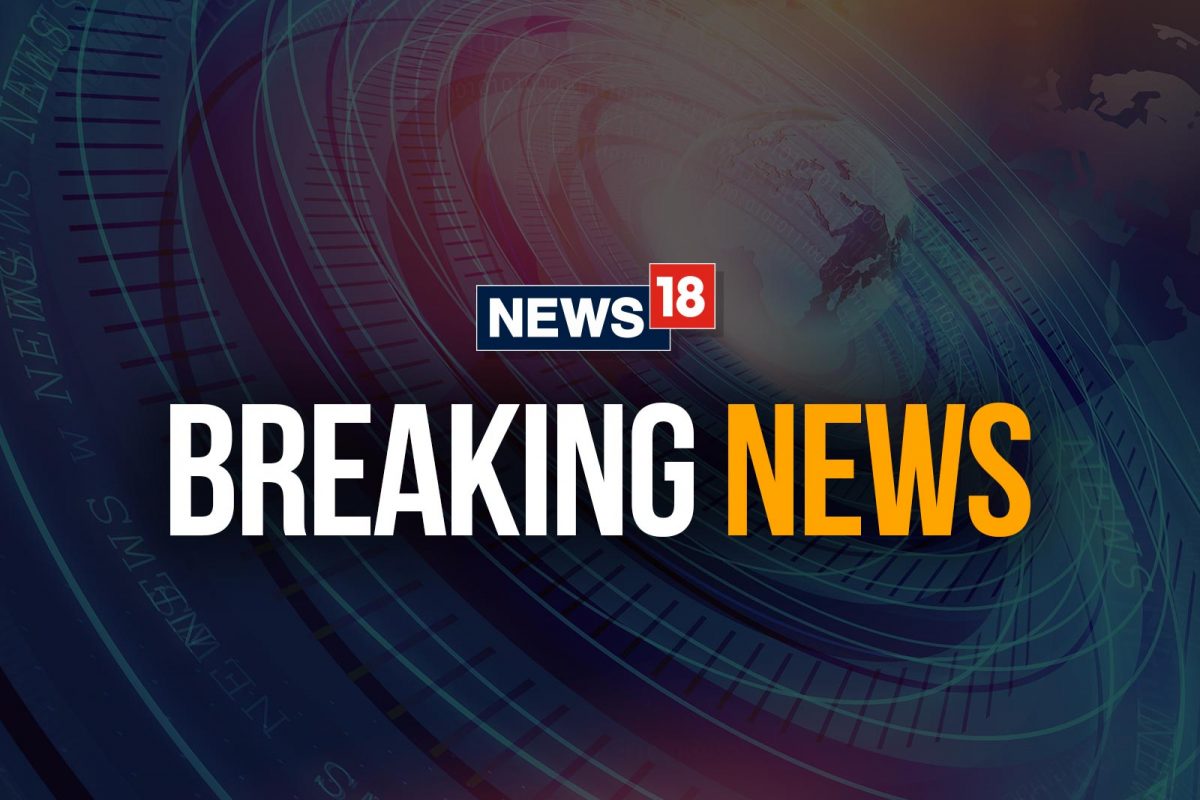

Amidst rising tensions between the United States and India, a recent report stating that the U.S. has shipped arms worth $2 billion to Pakistan has triggered a strong reaction, with the Indian Army sharing a throwback post referencing a similar situation during the lead-up to the 1971 war. This development occurs against the backdrop of strained U.S.-India relations due to trade disputes and India's continued purchase of Russian oil, while the U.S. seems to be rekindling its relationship with Pakistan.
The Indian Army's Eastern Command posted a newspaper clipping from August 5, 1971, highlighting how the U.S. had been arming Pakistan for decades. The clipping mentions a statement by the then Defence Production Minister VC Shukla in the Rajya Sabha, noting that while the Soviet Union denied supplying arms to Pakistan and France indicated they would not fulfill old orders, the U.S. government continued its arms supply. Shukla also pointed out that the U.S. and China were selling arms to Pakistan at throwaway prices. This historical reminder comes at a sensitive time, with the U.S. criticizing India for buying Russian oil and allegedly funding the war in Ukraine, even as the U.S. and EU continue their trade with Russia.
Recent developments indicate a shift in U.S. policy towards the region. President Trump has imposed a 25% tariff on Indian goods, criticizing India's trade barriers and its ties with Russia. Simultaneously, the U.S. has entered into a trade agreement with Pakistan to develop its oil reserves and has lowered tariffs for the country. This has led to speculation about a potential realignment of alliances in the region.
The U.S. has strategic interests in Balochistan, Pakistan, due to its proximity to Iran and Afghanistan. Some analysts believe that the U.S. aims to establish a presence in Balochistan to monitor Iranian activities and reduce Pakistan's reliance on China. This aligns with the view that U.S.-Pakistan relations are primarily transactional, driven by economic convenience and short-term interests.
However, this shift in U.S. policy has sparked concerns in India. Some experts believe that Trump's actions have damaged the India-U.S. strategic relationship, which has been carefully nurtured over the past 25 years. The imposition of tariffs and the growing U.S.-Pakistan bonhomie have raised questions about the reliability of the U.S. as a partner.
Despite these tensions, there are still areas of cooperation between India and the U.S., including technology, energy, and higher education. However, the recent developments suggest that India may need to reassess its relationship with the U.S. and explore alternative partnerships to safeguard its national interests.
The U.S. has historically maintained relations with both India and Pakistan, often driven by its own strategic interests. However, the current scenario presents a complex dynamic, with the U.S. seemingly favoring Pakistan while simultaneously pressuring India. This has led to a sense of unease in India and a need to carefully navigate the changing geopolitical landscape.